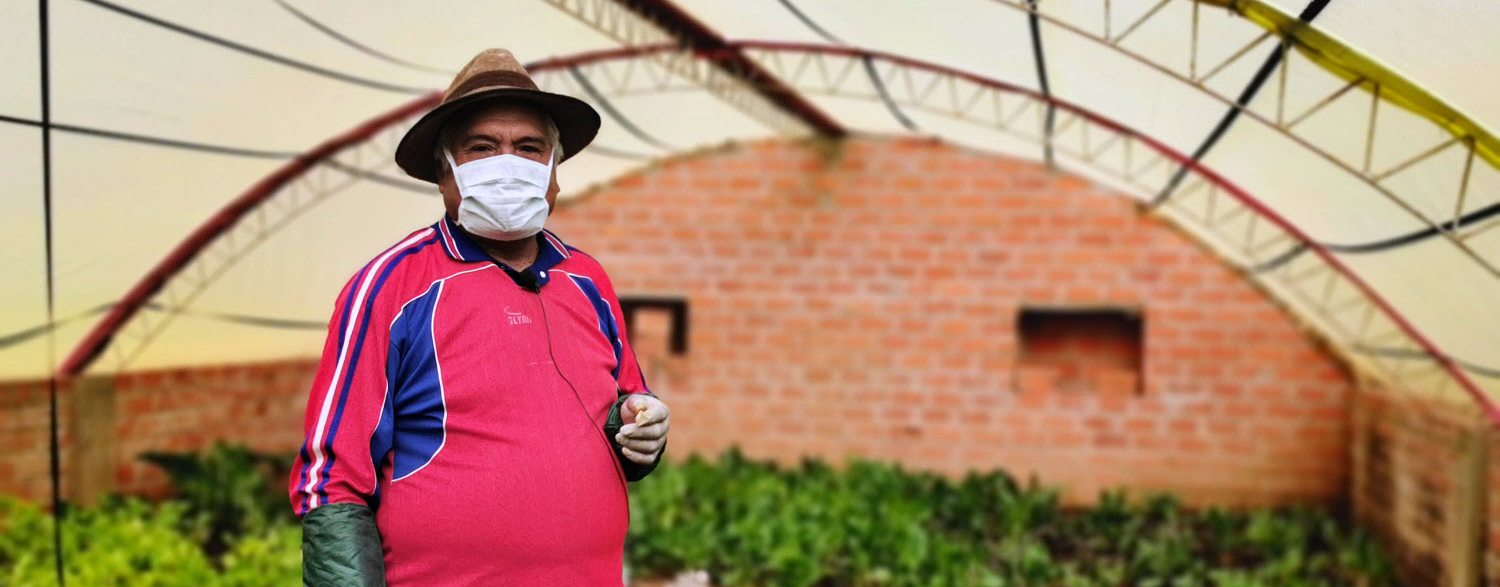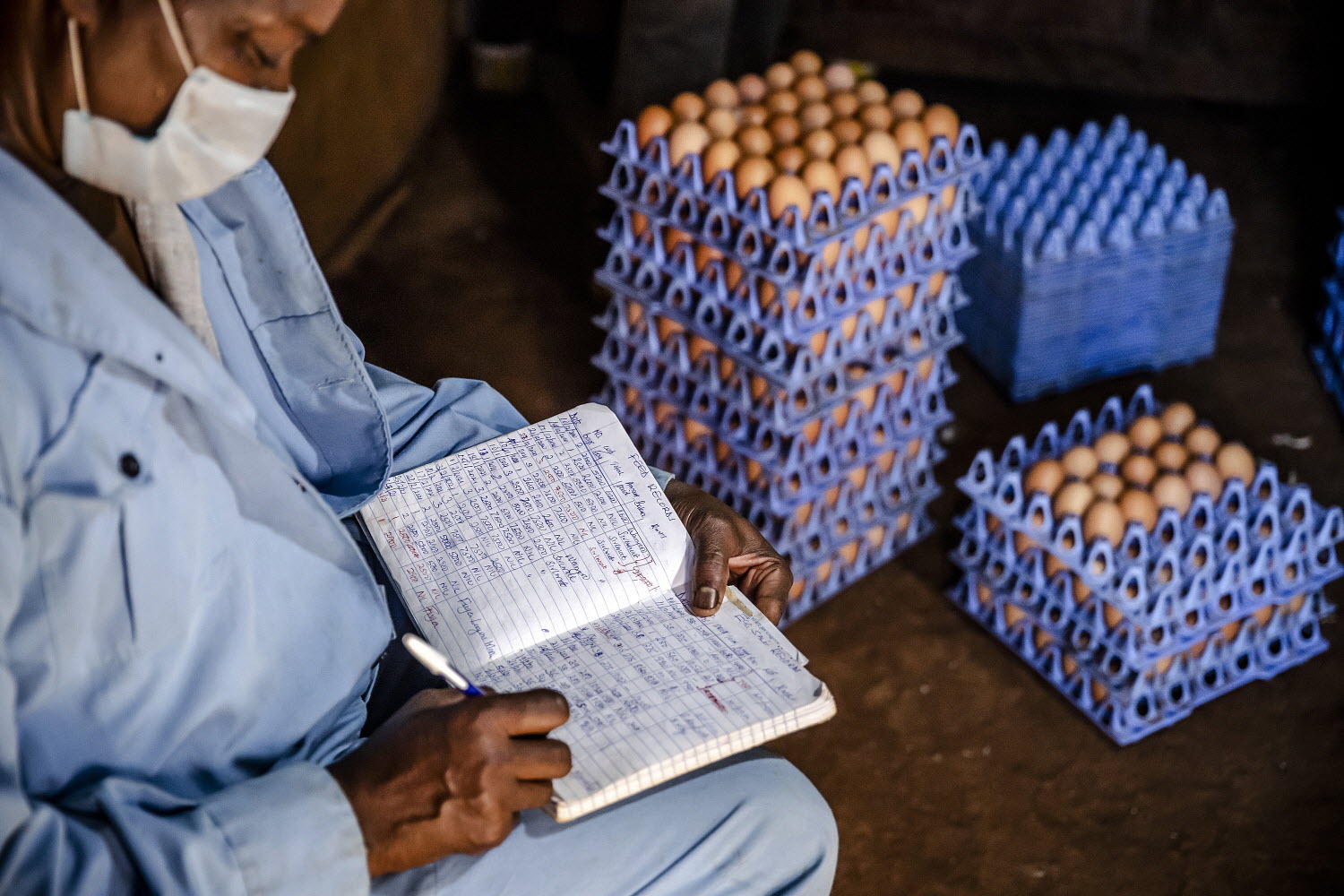Using monitoring and evaluation (M&E) systems to measure results
Highlights from the Programme Evaluation Report 2023

Evaluations consistently find FAO M&E systems unfit to measure results systematically and comprehensively, and not used for adaptive management or improved designs and programming.
In a few instances, monitoring data systems effectively support progress monitoring and results measurement.
⦿ The country programme evaluation for the Plurinational State of Bolivia, found that the monitoring systems of an emergency project was used to track indicators of progress and results.
However, this is not the norm. The vast majority of evaluation reports highlight limitations of M&E systems for country- or project-level monitoring. These systems are generally inadequate to monitor implementation progress or assess results systematically and comprehensively. As a result, they are neither used for adaptive management nor contribute learning to improve designs of follow-on projects. This represents a significant weakness for a knowledge organization such as FAO.

A commercial chicken farmer and member of
a FAO trained Farmer Field School inputs data about eggs on a notebook
while selling eggs to suppliers at his farm in Kenya
⦿ The evaluation of FAO’s inter-regional programme on action against desertification found that the M&E system did not allow for proper results monitoring, learning from implementation, or documenting successes for outreach or in support of scale up.
⦿ A cluster evaluation of FAO projects in Cameroon, Chad, Mali and the Niger found that M&E mechanisms were weak and did not allow personnel to draw lessons from implementation experiences, support adaptive management of interventions, or measure project outcomes.
⦿ The synthesis of evaluations of FAO’s contributions in the Africa Region highlighted serious limitations of M&E at country level and recommended that FAO Country Offices design and implement robust M&E systems.
Similar findings emerge from project evaluations, such as an evaluation of land tenure in Pakistan, forest resources in Azerbaijan, and women’s resource access and economic empowerment in Sierra Leone.
Related publication

